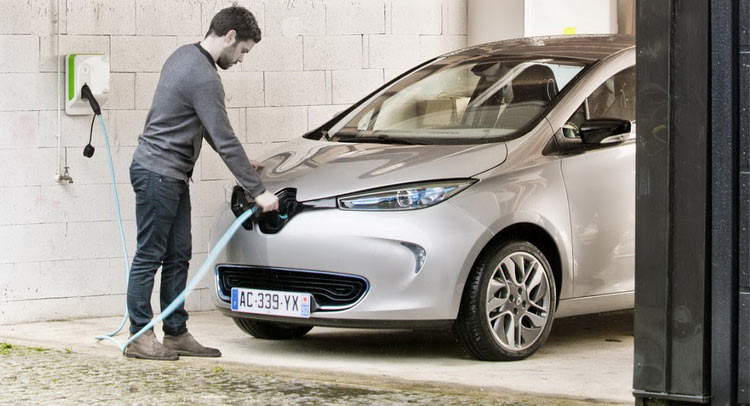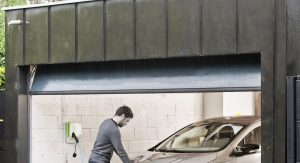A senior official of the German government stated that all new cars registered in Germany will need to be emissions-free by the year 2030.
If the Germans hope to cut 80%-95% of their carbon dioxide output by 2050, as they’ve pledged in the past, they need to radically reduce transportation pollution, according to Deputy Economy Minister Rainer Baake.
“Fact is there’s been no reduction at all in CO2 emissions by transport since 1990. We don’t have any answers to cut truck emissions right now but we do have answers for cars.”
One clear solution would be to expedite the adoption of electric cars, as it would certainly help the country’s commitment to reducing emissions by 40% before the year 2020 – compared to those 1990-levels. Chancellor Merkel’s government will attempt to speed emission-free sales this year within the automotive industry, with cash incentives proving to the be best solutions thus far in other markets such as China, Norway and France.
According to the Environment Ministry, this program would help automakers sell around 500,000 electric cars within the next 4 years alone.
In terms of purely electric cars, they might hold down about 8% of the market by 2025, as opposed to just 0.6% today – with the government planning to put 1 million hybrid and battery plug-in vehicles on the road by 2020, a number that should grow to 6 million by 2030, as reported by TheGlobeAndMail.
Only 130,000 hybrids and 25,000 full-electric cars were registered on German roads by January of this year, in contrast to 30 million gasoline cars and 14,5 million diesels.




